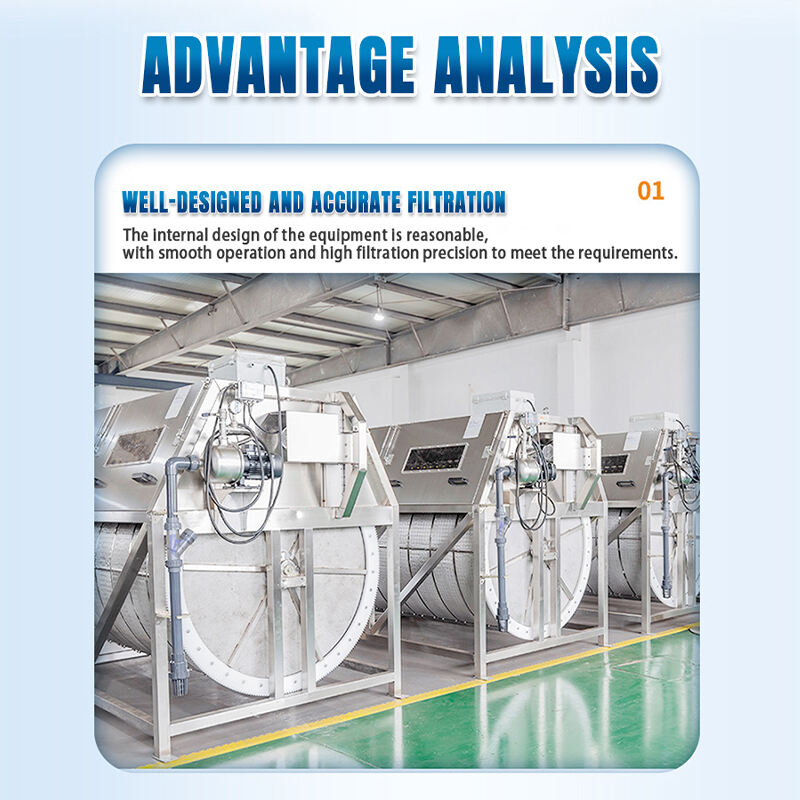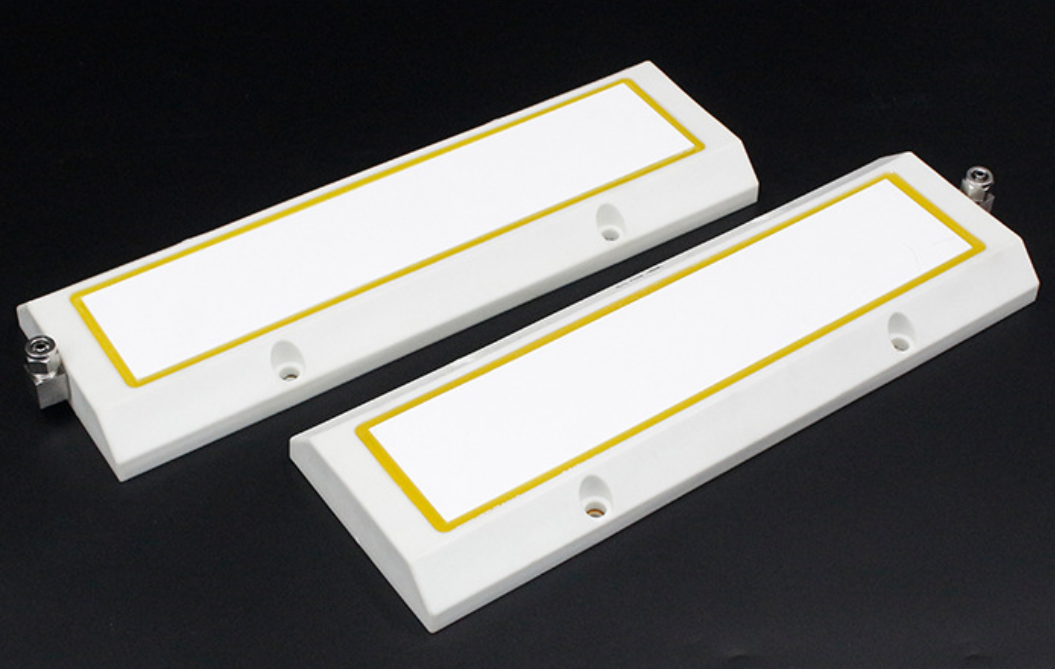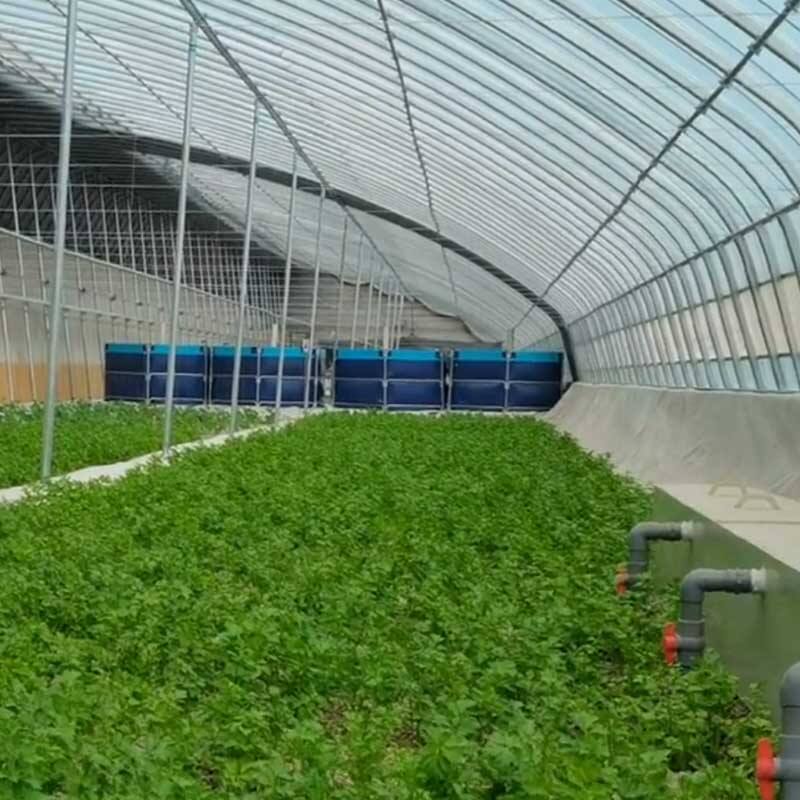 ×
×
Don't laugh—Fish farming is the law of the land. This is known as intensive fish farming. It means raising fish in a small space. Wolize is here, with all the details!
The weakest link of fish farmingHighly intensive fish farming has a lot. A major advantage is that it can yield a lot of fish for a smaller footprint. This enables us to have enough fish without damaging the environment. The process also benefits farmers by improving fish farming. These methods allow fish to grow more quickly and in a healthier manner. More fish means more fish for everyone!
We are going to give you some key points on how to have a good intensive fish farm. For one, you need clean water.” Well-grown fish require clean water. Then you want to feed the fish the correct type of food. So fish food should be healthy and good for fish. Also, don't overcrowd the tanks. Finally, monitoring the fish frequently, prevents illness and other issues. If fish farmers keep these tips in mind, then, they can own a successful fish farm.

So, if you’re looking to start your own fish farm, here it is, in simple terms. Start by choosing one suitable location for your fish farm. It should have fresh water, and be easy to care for. You can do this, just figure out what kind of fish you want to breed. Popular options include tilapia and catfish. Next: Good air and good filters in your fish tanks or ponds. You will need to monitor the water regularly, and feed the fish. With dedication, your fish farm can be a success!

In the future, we can rely on intensive fish farming. With growing demand for fish, these methods can provide this need in a positive way. This can also help farmers earn more money and create more jobs. There is a bright future ahead for fish farming with new technology and research. If we consider these options, we can experience local fresh and healthy fish for decades.

There are few common practices in fish farming. These involve recycling water through their systems and utilizing friendly bacteria to clean the water and nourish the fish. These practices make for efficient and environmentally sound fish farms. These practices can lead to sustainable growth of the fish farming industry and responsibly fulfill the fish demand.
We able to offer you complete aquaculture programs that covers variety of aspects such as the design of program, equipment that definitely a configurations, budget planning and equipment installation. This will help you complete your aquaculture venture. The typical business not able to carry out this.
We have more than 15 years of experience in production in aquaculture industry. We are among top three companies in Chinese aquaculture industry. We have strategic alliances with number of renowned Chinese Universities, and have surely skilled team high-density system engineers and engineers who are able provide best quality products and services.
We are certified by ISO9001, ISO22000 and COA. We have delivered our products in 47 countries and constructed 22 large-scale, high-volume projects with more than 3000 cubic meters. Our aquaculture systems are used for the production of shrimps and fish across 112 countries.
We are the specialize in producing PVC steel pipe that supports fish ponds PVC galvanized fishes ponds as well as aquaculture equipment, PVC non drinking water bags, TPU, EVA drinking water bags TPU oil bags PE containers that can be used as disposable liquid bags. We have range of options for the aquaculture equipment.